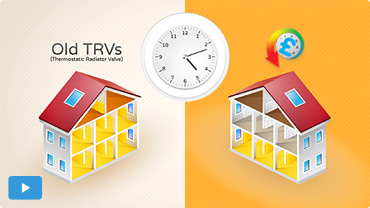New energy efficiency standard in Scotland to help social tenants save “up to £210 a year”
 A new Energy Efficiency Standard for Social Housing (EESSH) that has just been launched in Scotland could help tenants save “up to £210 a year”, a media report can reveal.
A new Energy Efficiency Standard for Social Housing (EESSH) that has just been launched in Scotland could help tenants save “up to £210 a year”, a media report can reveal.
The Energy Efficiency Standard for Social Housing (EESSH) aims to improve the energy efficiency of social housing in Scotland. And also help to reduce energy consumption, fuel poverty and the emission of greenhouse gases.
The standard will make a significant contribution to reducing carbon emissions by 42 per cent by 2020 and 80 per cent by 2050 in line with the requirements set out in the Climate Change (Scotland) Act 2009.
The EESSH will support the social housing sector to lead the way in the reduction of energy use and greenhouse gas emissions and also hopes to address fuel poverty levels in the social housing sector.
Scotland’s Housing Minister Margaret Burgess said: “In addition to helping to reduce fuel poverty, the EESSH will also help reduce greenhouse gas emissions, and contribute towards ambitious climate change targets.
“While we have managed to help thousands of households in Scotland to have warmer, more energy efficient homes, with independence we would be able to change the way energy efficiency is funded to help even more people.”
Managing and creating specific heating zones for one’s house can actually help its occupants drive down their energy consumption levels with a minimum disruption to their level of overall comfort.
The HeatSave wireless programmable thermostatic radiator valves allow users to attain even higher savings in terms of energy and bills, of up to an impressive 30 percent. They are extremely easy to set-up and install, since one will only have to unscrew the existing TRV by hand and replace with the HeatSave wireless radiator valve.
If you want to find out more about the HeatSave wireless thermostatic valves, just contact our dedicated product team, they’ll be more than happy to answer any questions or queries you might have.
